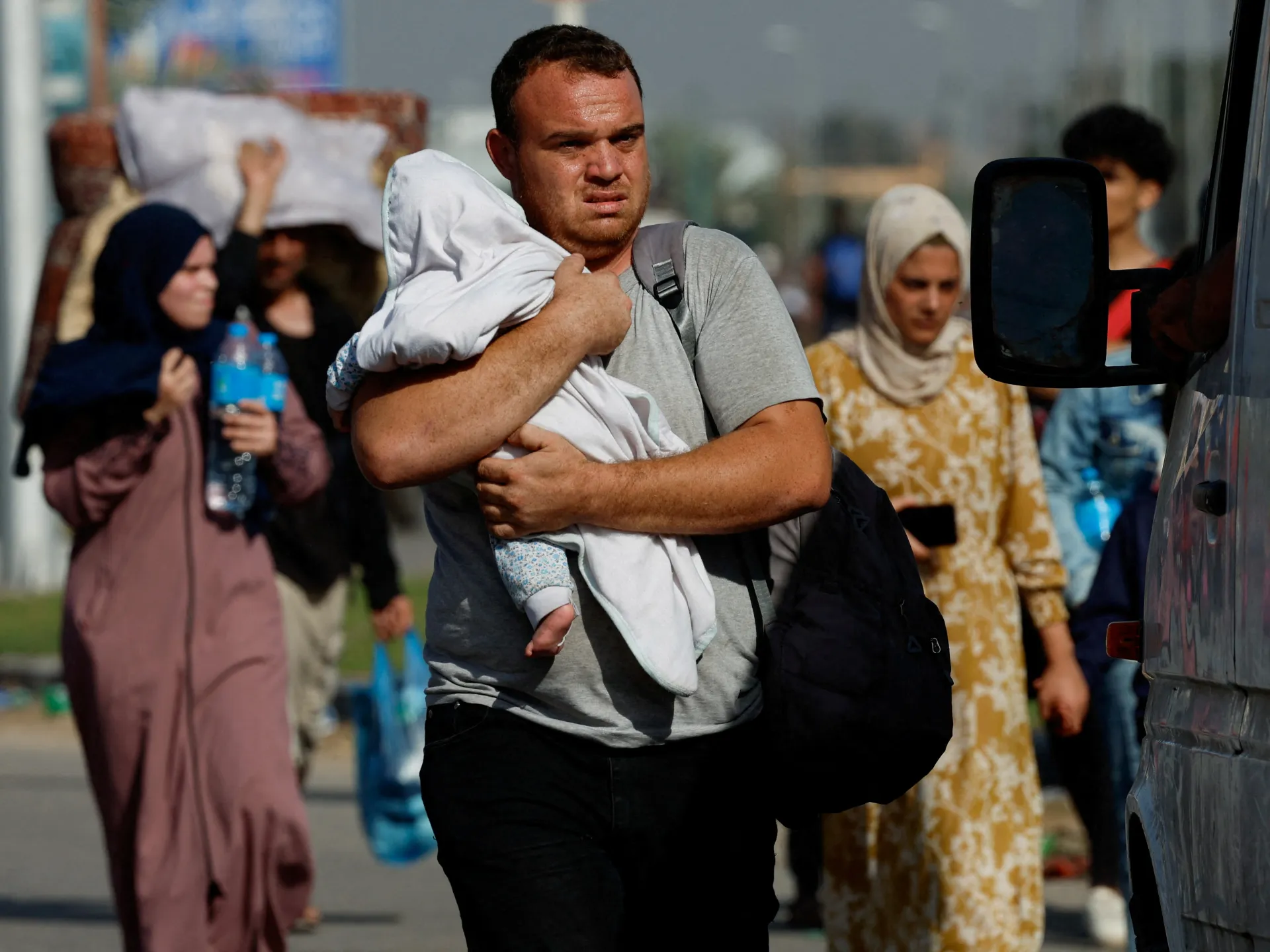Image Source: Pexels
Keywords: Israel-Hamas War, Detroit’s Jewish Community, Dialogue, Relationships, Antisemitic Backlash
Introduction
The Israel-Hamas war has not only caused devastation and loss of lives in the Middle East but has also reverberated across the globe, impacting communities far beyond the conflict zone. In Detroit, Michigan, the Jewish community finds itself grappling with the repercussions of the ongoing war. As tensions rise and fear mounts, Jewish residents are concerned about the potential strain on dialogue, relationships, and the possibility of antisemitic backlash. Let’s explore The Impact of the Israel-Hamas War on Detroit’s Jewish Community.
Building Bridges: Jewish-Muslim Relations in Detroit

For years, Detroit’s Jewish and Muslim communities have engaged in productive and challenging conversations, fostering understanding and building alliances. Alicia Chandler, co-founder of Nu?Detroit, a digital platform for Jewish residents, highlights the positive developments that have emerged from these interactions. However, moments of conflict, such as the Israel-Hamas war, create tension and test the strength of these relationships. Chandler emphasizes the importance of maintaining the connections that have been painstakingly built over the years.
Fear and Anxiety: The Murmurings of Antisemitism
As the Israel-Hamas war intensifies, Jewish residents in southeast Michigan find themselves caught in a web of fear, tension, and anxiety. Recent unsettling events, not all directly related to the conflict, have heightened concerns about antisemitism and violence. Jordan Acker, a Jewish community member, reflects on the increased security measures his synagogue has implemented, underscoring the growing apprehension within the community. The murder of Samantha Woll, president of the Isaac Agree Downtown Synagogue, further shook the Jewish community, prompting speculation of a faith-related attack. However, the police later concluded that her murder was not a hate crime.
Challenging Incidents: Testing the Fabric of the Community
Several incidents in recent months have further strained the Jewish community in Detroit. An individual wielding a pellet gun outside the Jewish Federation of Detroit headquarters raised alarm, although it was determined to be a mental health episode unrelated to targeted violence. During a popular annual football game between the University of Michigan and Michigan State University, a trivia question featuring Adolf Hitler’s face sparked outrage. The University of Michigan later apologized and attributed the incident to a third-party source. These incidents, along with others, have left Jewish community members feeling vulnerable and concerned about their place in society.
Jewish-Muslim Coexistence in Metro Detroit
Metro Detroit is home to a diverse population, comprising Jewish, Arab American, Muslim, and Black communities. Over the years, cross-cultural alliances have formed, fostering a sense of community and understanding. Jeremy Moss, a Jewish state senator, emphasizes that the pain experienced by both Jewish and Palestinian communities should not negate each other. Moss represents Southfield, a majority African American city, and has witnessed the importance of diversity in shaping perspectives on the Middle East conflict.
The Jewish Connection to Israel
For many Jewish residents in Metro Detroit, Israel holds a deep emotional and cultural significance. A survey conducted by the Jewish Federation of Detroit revealed that over half of the respondents had family members who had visited Israel, and half expressed a strong emotional attachment to the country. Moss highlights the inextricable tie between Judaism and Israel, emphasizing its importance in Jewish identity.
Campus Conversations: Navigating Divisive Topics
University campuses, such as the University of Michigan in Ann Arbor, with its sizable Jewish student population, become spaces for challenging conversations surrounding the Israeli-Palestinian conflict. Jordan Acker, a member of the University of Michigan Board of Regents, emphasizes the importance of free speech and the exchange of ideas, even when they may be repulsive to some. However, Chandler expresses concern about the impact of these discussions on children, highlighting instances of hurtful comments reported in schools. The challenge lies in ensuring that future generations learn to handle conflicts in a constructive and empathetic manner.
Political Divisions and Social Media
Political divisions within the Jewish community have emerged during the Israel-Hamas war. Jeremy Moss, a Democratic state senator, points to his strained relationship with Rep. Rashida Tlaib, the only Palestinian American member of Congress representing his district. Moss contends that disagreements with Tlaib stem from policy differences rather than her background. The clash of opinions among elected officials raises concerns about potential electoral consequences and the risk of losing future elections to Republicans. Moreover, the rise of social media platforms like X and TikTok has contributed to the spread of misinformation and the oversimplification of complex issues, further fueling tensions and divisions within communities.
Preserving Humanity Amidst Conflict

In these challenging times, it is essential to maintain a focus on the humanity of all individuals involved. Chandler underscores the importance of empathy and understanding, urging people to resist the temptation to demonize or oversimplify opposing viewpoints. Tempers can flare, and hurt feelings can easily arise, but by keeping everyone’s humanity at the center of the conversation, progress can be made.
Conclusion
The Israel-Hamas war has brought uncertainty and anxiety to Detroit’s Jewish community. The strain on dialogue, relationships, and concerns about antisemitic backlash are real and palpable. Yet, the community remains resilient, drawing strength from the alliances built over the years. By fostering empathy, understanding, and open dialogue, it is possible to navigate these challenging times and work towards a more harmonious future.
Note: The primary keyword “Israel-Hamas War” and secondary keywords will be organically integrated into the article during the writing process.
